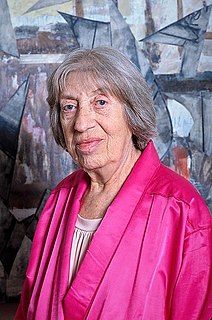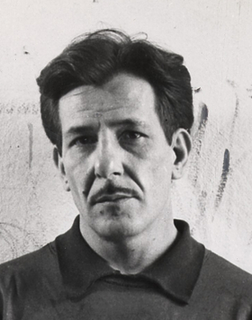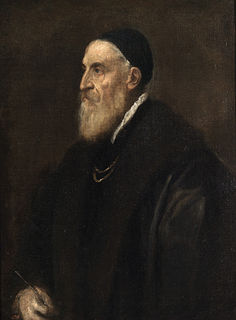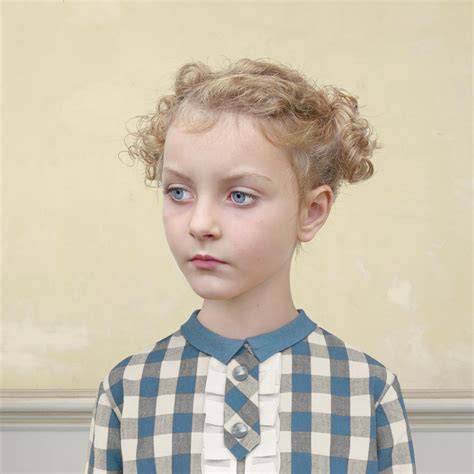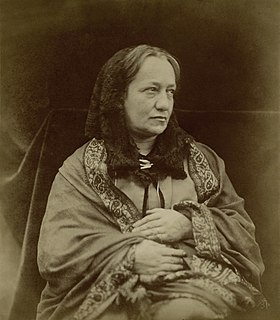A Quote by Lee Krasner
I think, if one is a painter, all you experience does come out when you’re painting.
Related Quotes
After painting comes Sculpture, a very noble art, but one that does not in the execution require the same supreme ingenuity as the art of painting, since in two most important and difficult particulars, in foreshortening and in light and shade, for which the painter has to invent a process, sculpture is helped by nature. Moreover, Sculpture does not imitate color which the painter takes pains to attune so that the shadows accompany the lights.
Not every painter has a gift for painting, in fact, many painters are disappointed when they meet with difficulties in art. Painting done under pressure by artists without the necessary talent can only give rise to formlessness, as painting is a profession that requires peace of mind. The painter must always seek the essence of things, always represent the essential characteristics and emotions of the person he is painting.
Think of a fine painter attempting to capture an inner vision, beginning with one corner of the canvas, painting what she thinks should be there, not quite pulling it off, covering it over with white paint, and trying again, each time finding out what her painting isn't, until she finally finds out what it is. And when you finally do find out what one corner of your vision is; you're off and running.
I think a good painting or a good work of art does many things it wants, I mean, maybe 15 or 20 or 100. One of the things a painting does is to make the room look better. It improves the wall that it's on. Which is much harder than it looks. And that's a good thing. And if one engages with a painting on that level, that's fine, that's great. After some time, familiarity, the other things that a painting does, the other layers, they just start to make themselves felt.
Look at the paintings of Picasso. He is a great painter, but just a subjective artist. Looking at his paintings, you will start feeling sick, dizzy, something going berserk in your mind. You cannot go on looking at Picasso's painting long enough. You would like to get away, because the painting has not come from a silent being. It has come from a chaos. It is a by product of a nightmare. But ninety-nine percent art belongs to that category.
A lot of young painters love to incorporate celebrity. One idea of being a painter is to use what's happening at the time. Velázquez was painting of his time. And so was Rembrandt. And Francis Bacon was painting his time in London. He was a real mover, but he saw the insect in the rose. But yes, when I do a painting, I want to take the "I did this" out of it. That's why I started using chance, like the markings on the wood. I never wanted to compose.
When an actor is in the moment, he or she is engaged in listening for the next right thing creatively. When a painter is painting, he or she may begin with a plan, but that plan is soon surrendered to the painting's own plan. This is often expressed as 'The brush takes the next stroke.' In dance, in composition, in sculpture, the experience is the same: we are more the conduit than the creator of what we express
